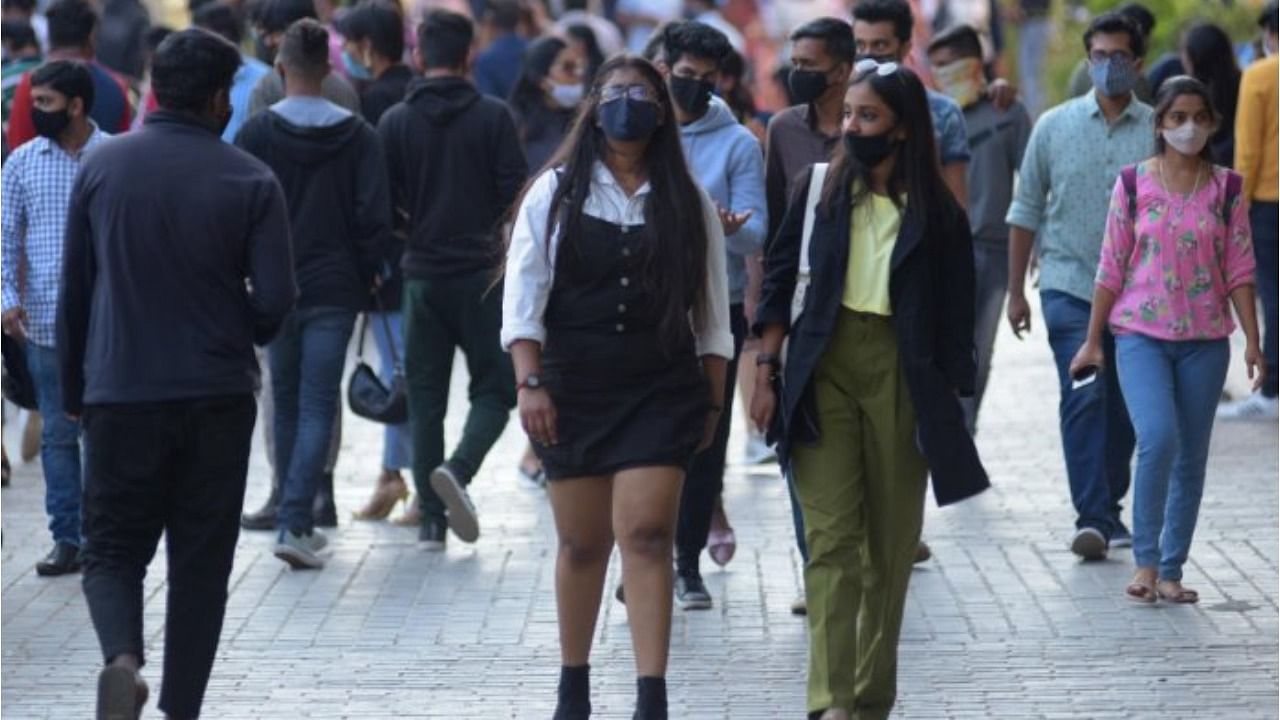
Bengaluru Urban’s booming economy and cultural tolerance have acted as a magnet for people seeking a better life, with data revealing that the tech hub is the most linguistically diverse district in the country.
Data culled from the 2011 census revealed that the city is home to 107 scheduled and non-scheduled languages, attesting to its cosmopolitanism. But an expert also noted the Karnataka government’s inability to create an alternative to the state capital that is grappling with a host of infrastructure problems.
At second place is Pune, where 90 and 100 languages are spoken followed by several districts in the Northeast, owing to indigenous language diversity.
Dr Mudit Kapoor, Associate Professor of economics at the Indian Statistical Institute, Delhi centre, who helped to put together the analysis, said the intent was to determine diversity at the district level as part of preparations for a large study on migration and population mobility between 2011 and 2021.
“There are 121 scheduled and non-scheduled languages in India. We wanted to determine where these languages are spoken. We also wanted to see where people are moving to,” he said, adding that the research team was astonished to find that Bengaluru was the most culturally diverse district.
According to data, Kannada was listed as the mother tongue of 44.62 per cent of the city’s population. Among scheduled languages, Kannada shares space with Hindi, Maithili, Malayalam, Odia, Punjabi, Tamil, Telugu, Kashmiri, Sindhi, Urdu, Konkani, Santali, Marathi, Manipuri and Nepali.
The non-scheduled languages include English, Kabuli, Pashto, Tibetan, Arabic, Nishi, Mundari, Lushai, Nicobarese, Sherpa, languages from Nagaland among others.
“What makes Bengaluru stand out is that the data clearly shows that much of the country is not linguistically or culturally diverse. In the south alone, data shows that Kerala is not very diverse and neither is Tamil Nadu, barring Kanchipuram and Chennai,” Dr Kapoor said.
Experts said this is due to Bengaluru’s thriving economy and its reputation for cultural tolerance.
Speaking as an independent expert, Professor C M Lakshmana of the Population Research Centre, Institute for Social and Economic Change, partly attributed Bengaluru’s linguistic diversity to its thriving IT and construction sectors, which has drawn in a mass of people, while Dr Kapoor also pointed to Bengaluru being an education hub.
“In other states, developed second and third-tier cities have helped to balance migration, but in Karnataka the inevitable destination is Bengaluru,” Professor Lakshmana said.
“This is because investments by economic migrants require infrastructure. But our second- and third-tier cities have not developed. Hence, 37 per cent of Karnataka’s population is concentrated in Bengaluru. This is something the state government has to address.”
An anthropologist at Jawaharlal Nehru University (JNU) added that Bengaluru’s growth is also due to its land use policies and reputation for infrastructure.
“The city is expanding because it is able to absorb surrounding land for new populations,” said Dr Sanghamitra Sheel Acharya of the School of Social Sciences, JNU.